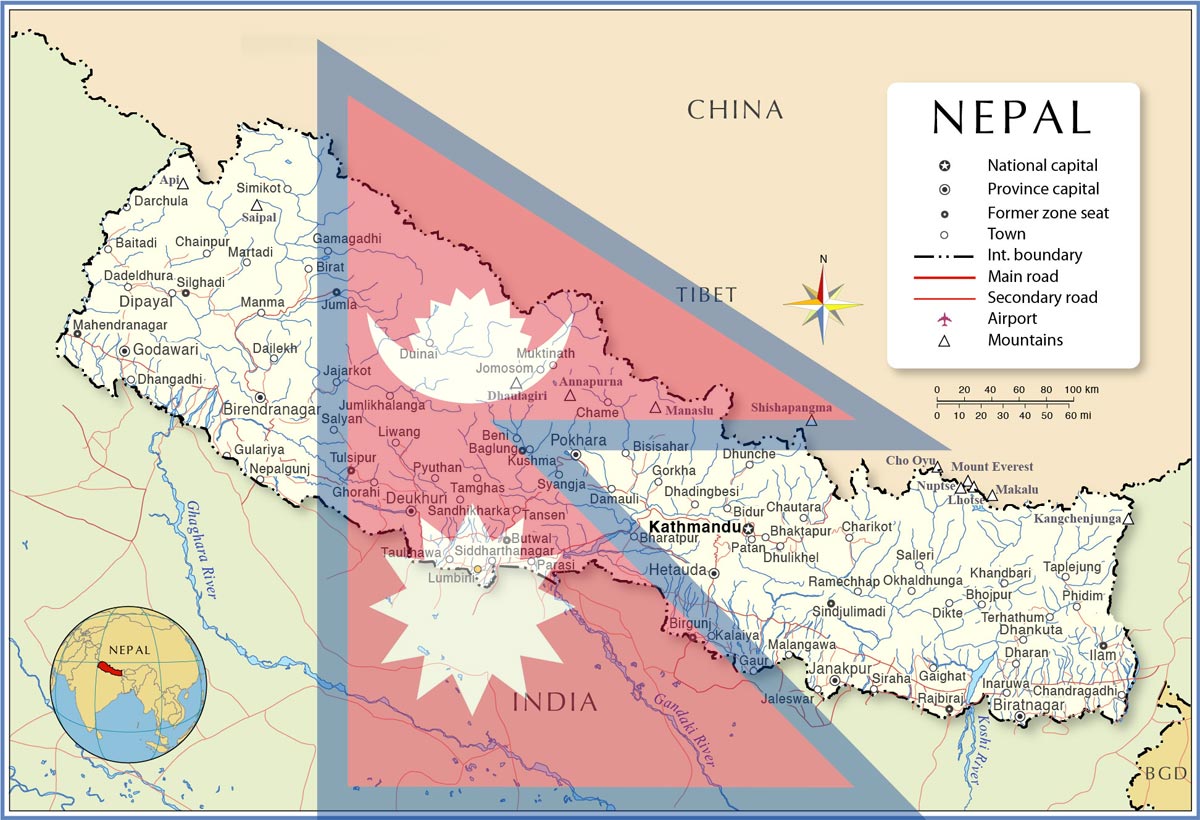
Transformations in the Education Sector Since the Establishment of the Republic
Since the establishment of the Republic, significant policy changes have influenced various sectors, including education. These changes have driven structural and qualitative improvements in education from primary to university levels.
Key Changes and Developments:
-
Act on Compulsory and Free Education: Enacted in 2075, this law guarantees every citizen the right to compulsory and free education up to the basic level (class 8) and completely free education up to the secondary level (class 12). Despite this, challenges remain as many children, especially those who are disabled or economically disadvantaged, are still out of school.
-
Fee Elimination Directive: In response to some public schools charging fees, the Ministry of Education, Science and Technology instructed schools not to charge fees from students up to class 10, effectively ending this practice in almost all schools.
-
Textbook Availability: In recent years, the problem of students not receiving textbooks on time has been resolved. Anil Jha, managing director of Janak Shiksha Material Kendra Limited, credits the continuous support and pressure from the government and other sectors for this improvement.
Expansion of Universities:
-
New Universities: Since the country transitioned to a regional structure, several universities have been established. In 2068, four universities were opened simultaneously, and new universities continue to be established at both the central and state levels. Educationist Koirala views this expansion as a positive development for higher education.
-
Open Competition for Appointments: The practice of appointing university officers through open competition aims to reduce politicization in higher education institutions. This approach, initially adopted by Tribhuvan University, is now being implemented in other universities, enhancing transparency and meritocracy.
Efforts to Curb Politicization:
-
Teacher Membership in Political Parties: The Ministry of Education instructed public school teachers to relinquish their political party memberships and requested the Election Commission to provide details of teachers who are party members. This move has led many teachers to give up their political affiliations, although public disclosure on this matter is pending.
-
Community School Improvement: Former Minister of Education Devendra Paudel highlighted the progress in expanding internet access and information technology in schools, improving physical infrastructure, and establishing technologically advanced schools at every local level. These efforts aim to enhance the quality of education and increase student enrollment in public schools.
Ongoing Challenges and Future Outlook:
While there have been significant improvements in the education sector, challenges remain. Continuous efforts are needed to ensure all children have access to quality education, address remaining issues in public schools, and further reduce politicization in educational institutions.
In conclusion, the past two decades have seen notable educational sector advancements due to the Republic's policy changes. With continued commitment and effective implementation of reforms, further development and improvements can be expected in the coming years.


